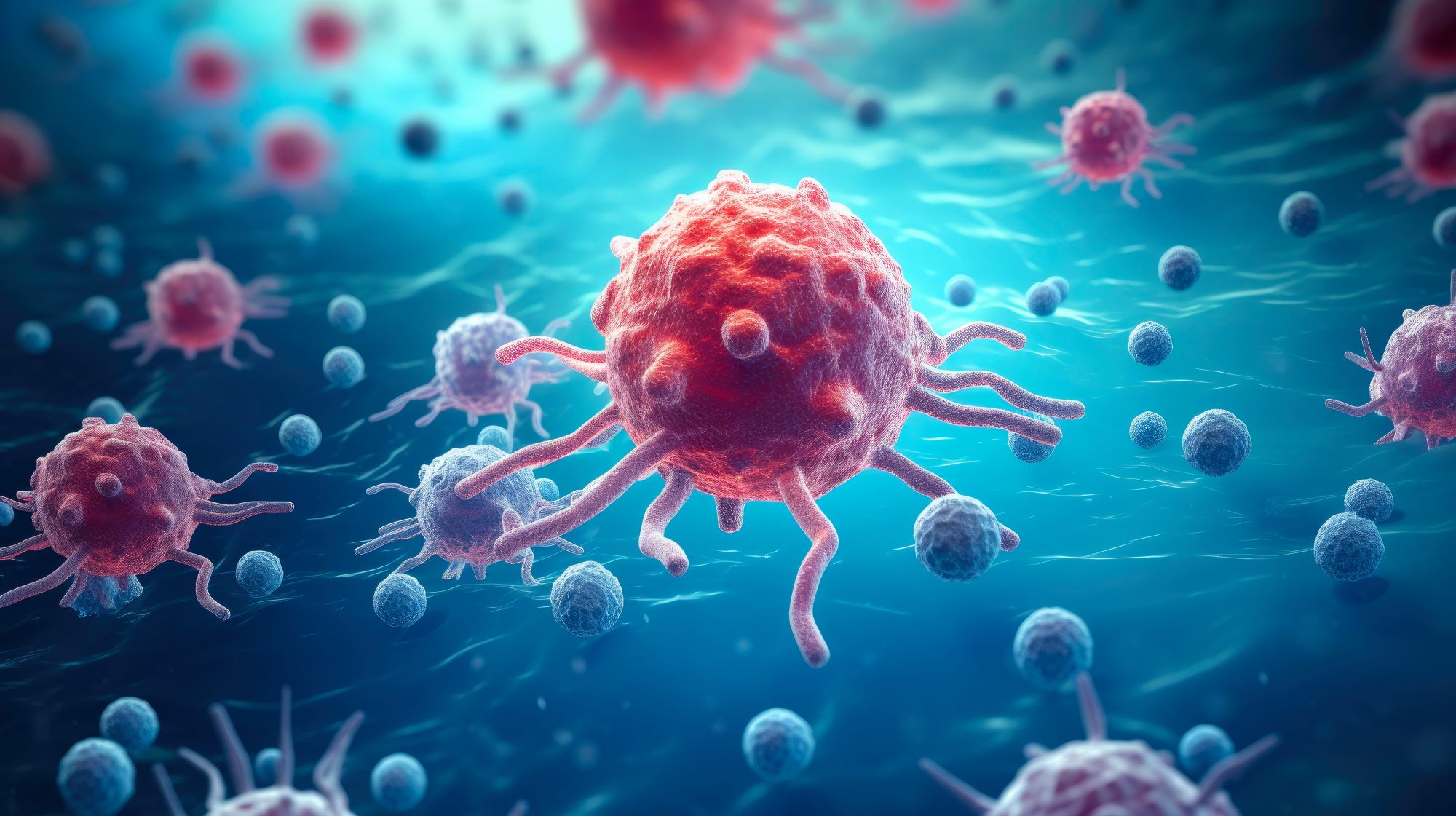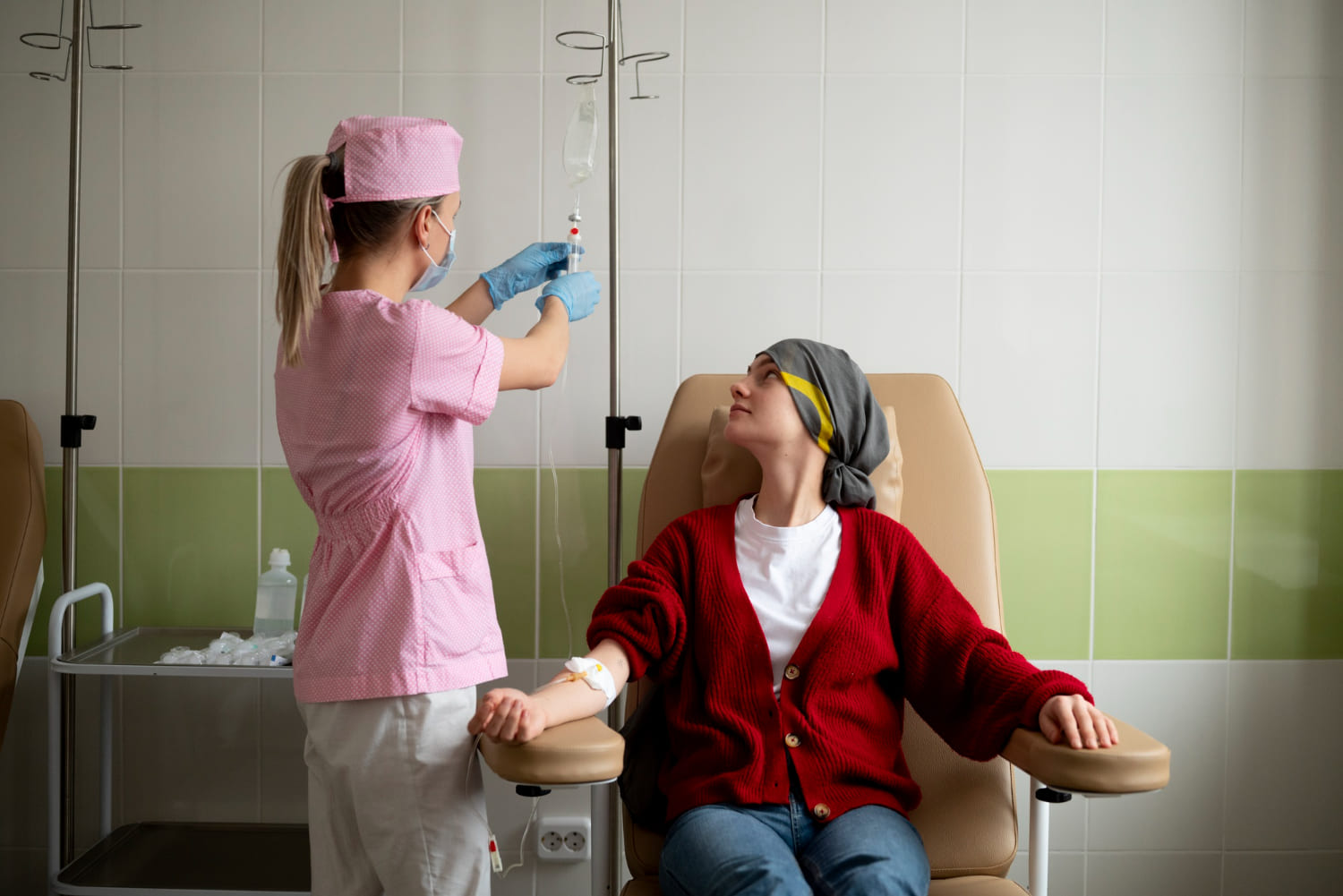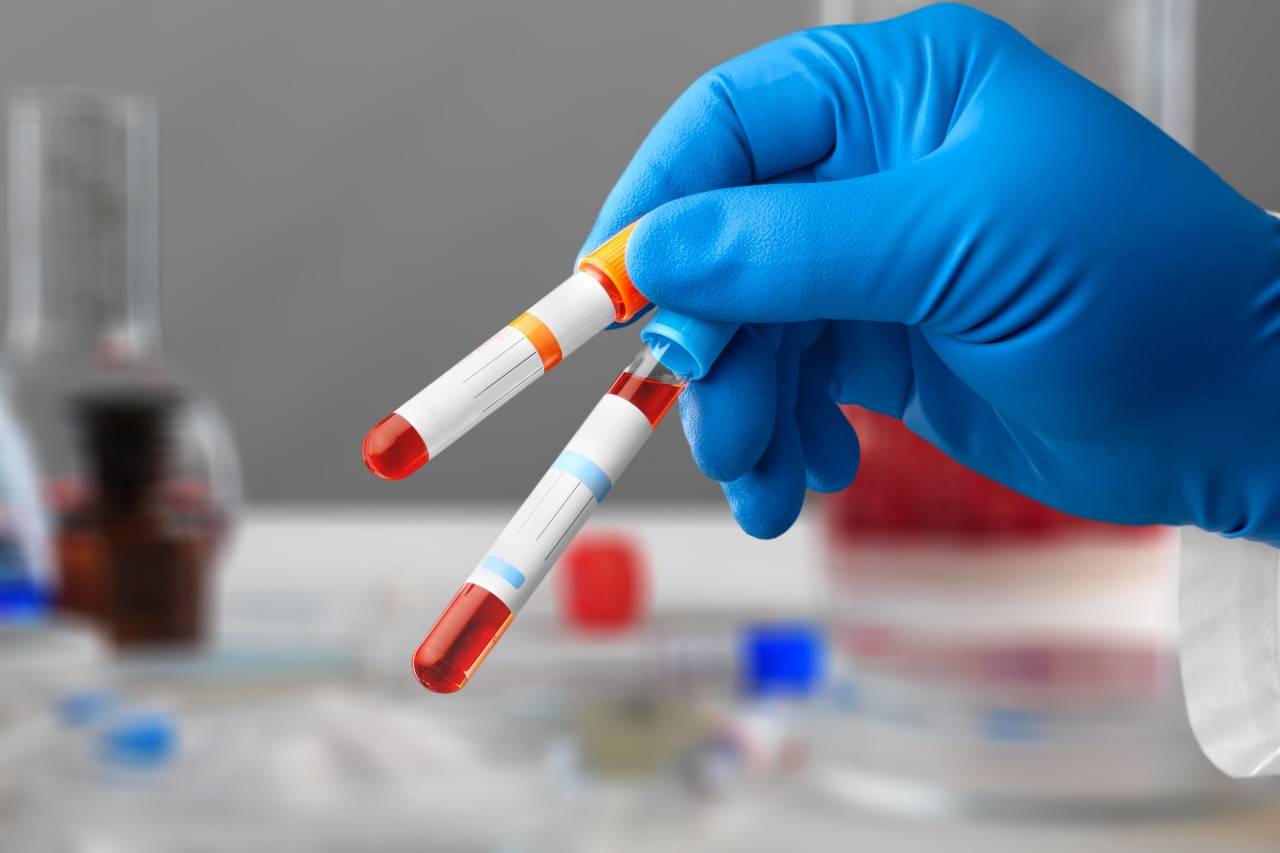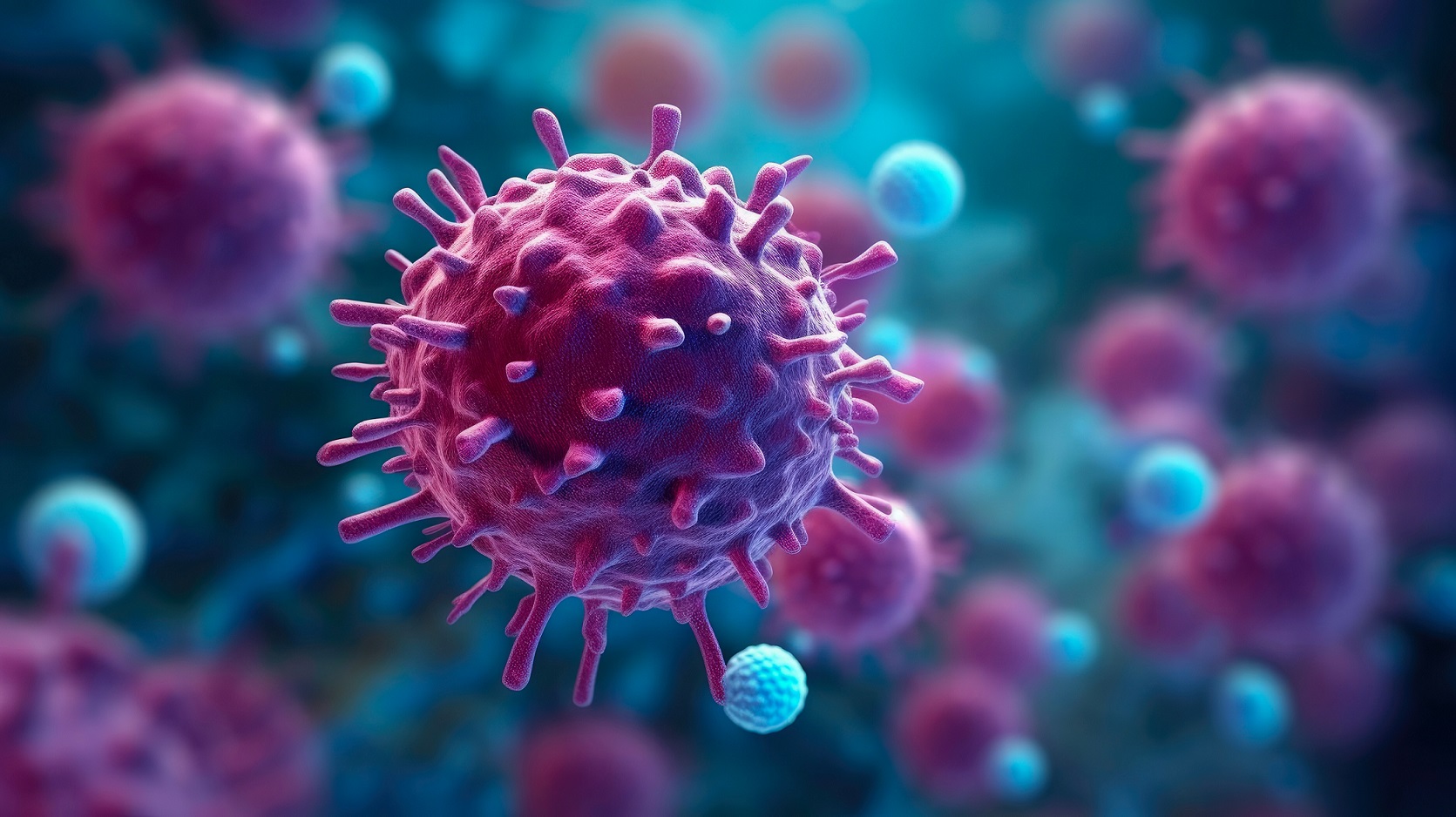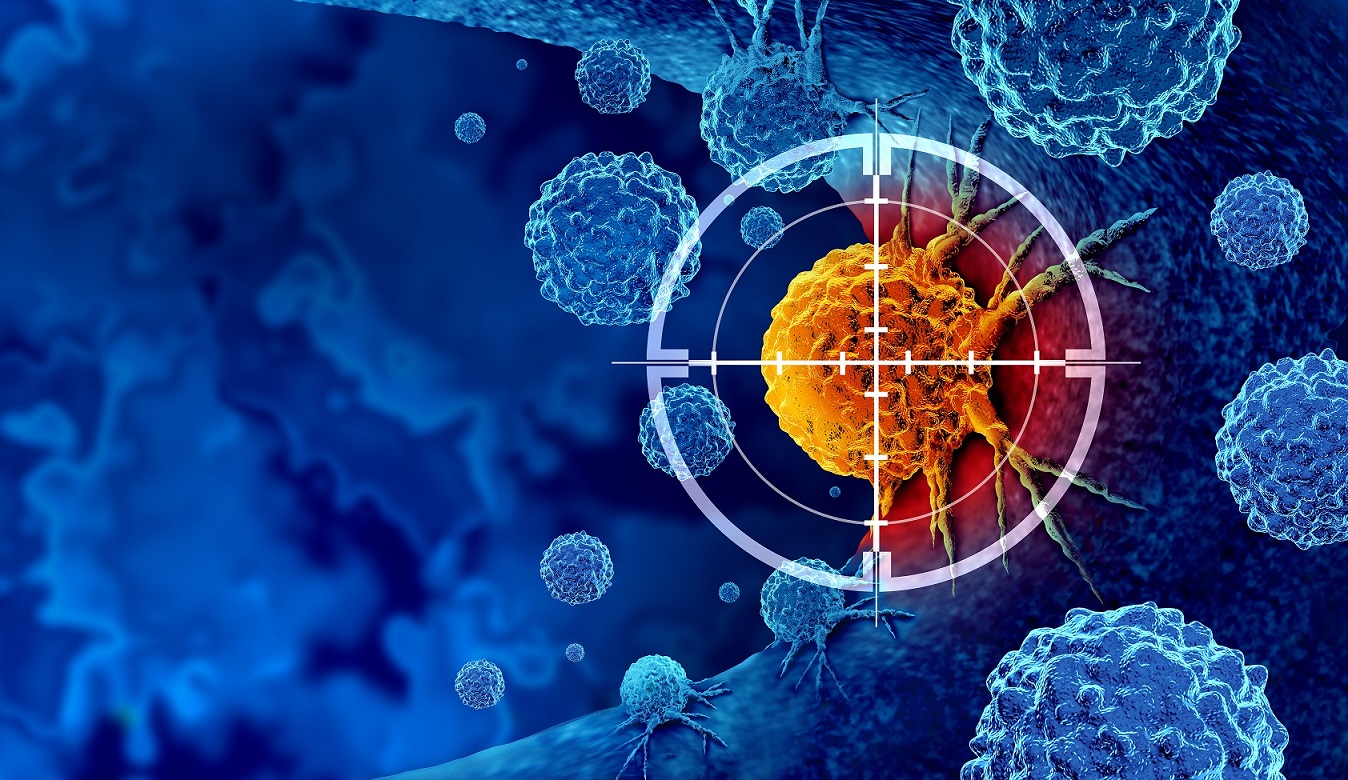Reactions: New generation of T-cells against myeloma more effective in the lab than traditional CAR-Ts
A multidisciplinary study involving several Spanish research groups has preclinically tested a new type of immunotherapy for multiple myeloma. Instead of modifying T cells to attack the tumour directly, as CAR-T cells do, they have managed to make them secrete bispecific antibodies, which bind to the tumour on one side and to other T cells on the other, attracting them to the tumour. According to the authors, this cell therapy was more effective than traditional CAR-Ts and could generate less resistance. The results are published in the journal Science Translational Medicine.
